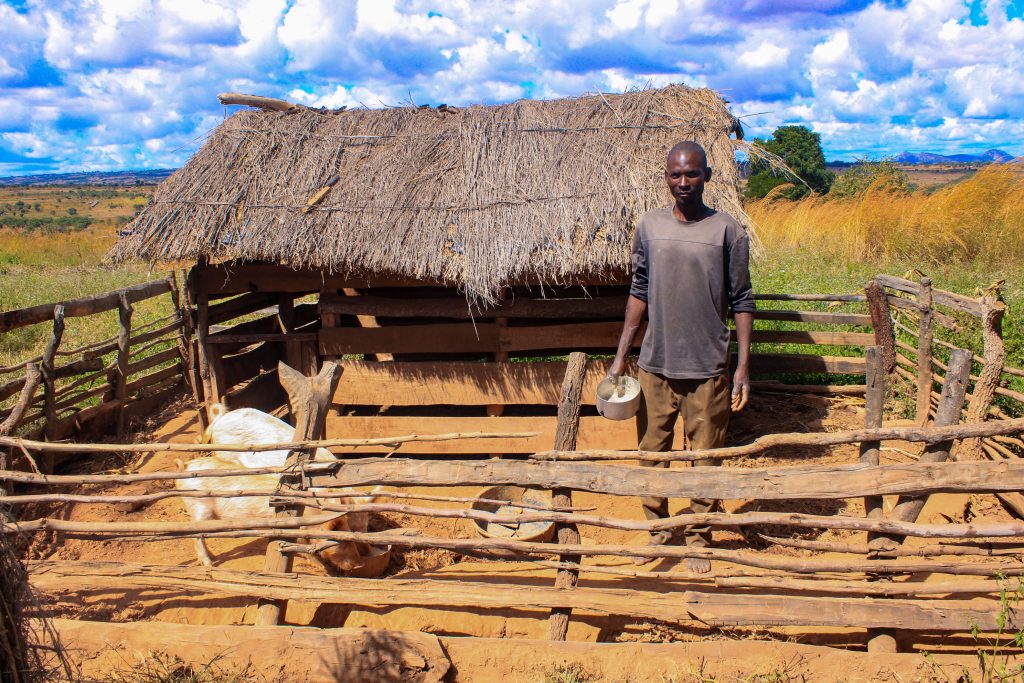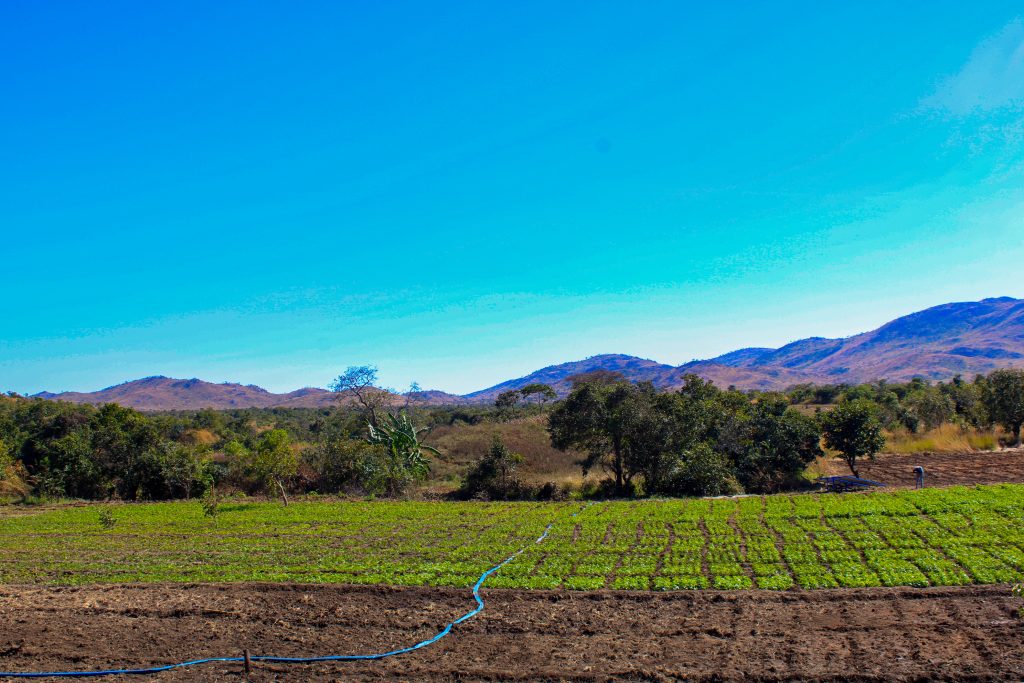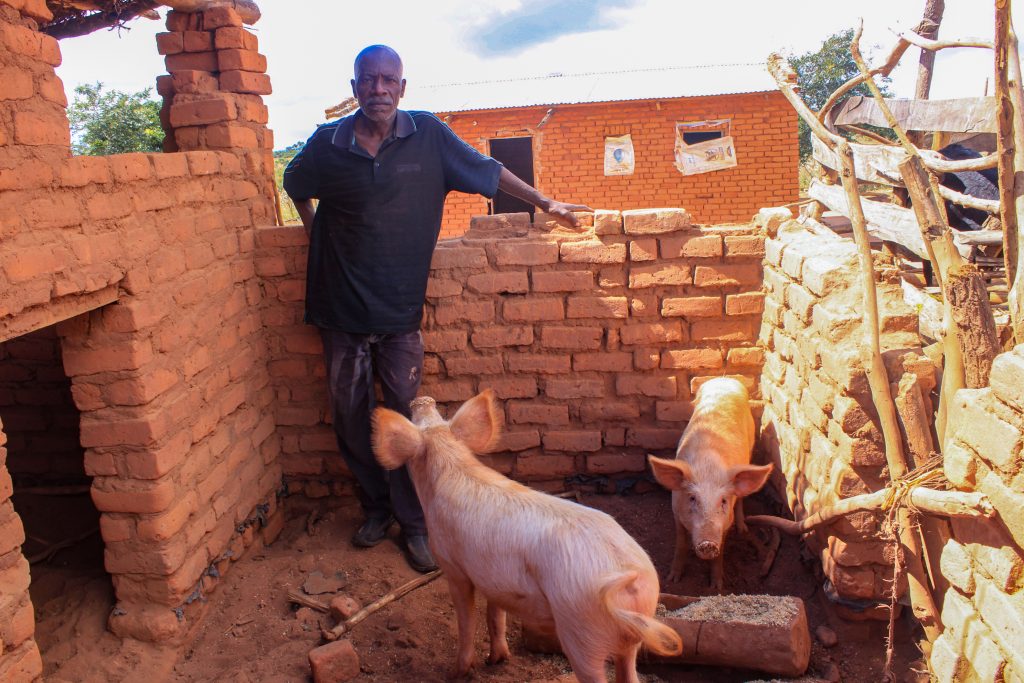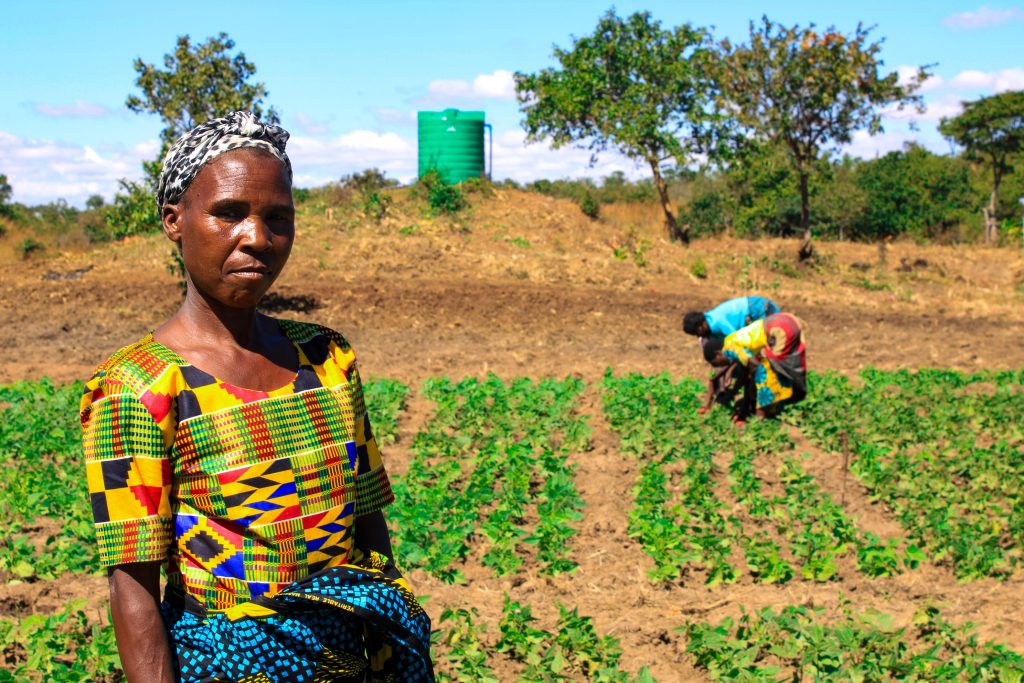The year is 2024, and the situation is dire at Mchilawengo, a community located in Mzimba, the northern region of Malawi. Hunger and poverty loom in the community. This situation reflects the entire state of the country, which has been hit by poverty and hunger. As reported by the Integrated Food Security Phase Classification, approximately 4.2 million people in Malawi were expected to experience high levels of acute food insecurity in 2024. High levels of acute food insecurity meant that those affected were at a high risk of malnutrition. This is underscored by UNICEF, whose report showed that severe acute malnutrition admissions had increased by 18 percent between January and May 2024 compared to the same period in 2023 (19,848 compared to 16,819 in 2023). The woes of food insecurity and malnutrition were accompanied by high levels of poverty. According to the World Bank, the poverty rate rose to 71.2% in 2024, with 70 percent of the population living on less than $2.15 a day.
The country’s levels mirror the situation at Mchilawengo. Our baseline study conducted in June 2024 showed that the community had a huge disparity in food production. Maize production had averaged 461.06 kg per household against a standard deviation of 429.76 kg. This indicated that most households produced far below the average. Similar patterns existed for soybeans (224 kg average, 289.34 kg deviation) and beans (80 kg average, 96 kg deviation). These high standard deviations demonstrated that few households achieved good harvests while most struggled with minimal production, creating widespread food insecurity. The high standard deviations in high-value crops (soybeans and beans) also demonstrated that most households lacked viable means of generating income.
Recognizing the urgent need for a targeted intervention, Ungweru Organization, with funding from Misean Cara, launched a transformative project designed to address income generation, nutrition, and food security simultaneously. The multi-faceted approach included: the installation of a solar-powered irrigation system, livestock pass-on program, bean cultivation, and cooperative establishment.
Amongst the targeted 320 households, 32 households received 2 pigs each, while 55 households received 10 chickens each, and they are expected to pass on the offspring to fellow community members. Secondly, a cooperative was formed and was subsequently registered by the Malawi Government through its Ministry of Trade and Industry. Thirdly, a solar-powered irrigation system was installed, and project participants were given bean seeds to cultivate in the winter season, subsequently reducing their reliance on rain-fed agriculture.

One year after the baseline study, our end-of-project survey revealed remarkable progress. The comprehensive interventions implemented by Ungweru Organization have significantly improved income levels, nutrition, and food security for participating households. The data shows a reduction in production disparities among farmers, with the standard deviation in crop yields decreasing from 429.76 kg at baseline to 390 kg at the end of the project. This shows that there is a reduction in the gap between those producing more and those producing little.
There are improvements in farmers producing beans and soya from an average of 80kgs and 96kg to an average of 196kgs and 239kgs respectively. Improvements in ground nuts were also recorded from an average of 105kgs to 256kgs. These show that the community is embracing the high value crops as promoted by the project. The data collected additionally indicates that 64% of the respondents use solar technologies against a baseline of 4%, reflecting a significant shift from reliance on rainfed agriculture.
From the pigs and chickens that they received, project participants are expected to have food from which they will gain animal protein, ultimately improving both their food security and nutrition. Additionally, project participants will also be able to generate income from the sales of offspring derived from the chickens and pigs, income which will be used to send their children to school, buy fertilizer, food, and other needs.
From the solar-powered irrigation systems, project participants grew beans following the end of the rainy season, and they are expected to harvest the beans in the next 2 months. From the bean harvest, project participants will have food and will gain protein, ultimately improving their nutrition and food security. Sales of the bean harvest will also enable the project participants to generate income, income which will be used to cater for their various needs.

The registered cooperative has transformed market opportunities for participants. The group successfully secured a 12 million Malawi Kwacha government loan, which funded the purchase of additional solar panels and irrigation equipment, further expanding their agricultural capacity.
Justin Mzembe shares how the project is expected to improve his income, nutrition, and food security.
“We struggled here when it came to generating income and the availability of food. The coming of Ungweru has eased our suffering. I was lucky enough to receive 2 pigs from Ungweru. I will give 2 piglets derived from the offspring to my fellow community members and keep the remaining piglets. From the remaining piglets, I will sell some of them, and the income will enable me to buy fertilizer, hence increasing the production of food. The income will also enable me to pay fees for my children. This project will change my life,” said Justin.

Veronica Phiri similarly shared how Ungweru’s solar-powered irrigation system is expected to improve her income, nutrition, and food security.
“Our area experienced erratic rainfall. We faced hunger due to this, as we solely relied on rainfall to farm. The solar-powered irrigation system installed by Ungweru will greatly improve the production of food, as we will be able to farm throughout the year, and in times of erratic rainfall, the irrigation system will supplement the shortage of water. The harvest obtained from the bean cultivation will provide us with both food and income,” said Veronica.

The changes happening in Mchilawengo demonstrate that even in the midst of entrenched poverty, effective and sustainable solutions can emerge. With solar panels shining over fields of beans, lively livestock pens, and a cooperative bringing farmers together, this community is not just enduring—it’s shaping its future. While the journey ahead is still challenging, for families like Esther’s and Alex’s, that journey is now leading them to a brighter path: moving away from the burden of hunger and towards abundant harvests that nourish both their families and their finances. Although Malawi’s challenges haven’t been resolved overnight, in this part of Mzimba, hope is beginning to show tangible results, just like the crops in the ground

